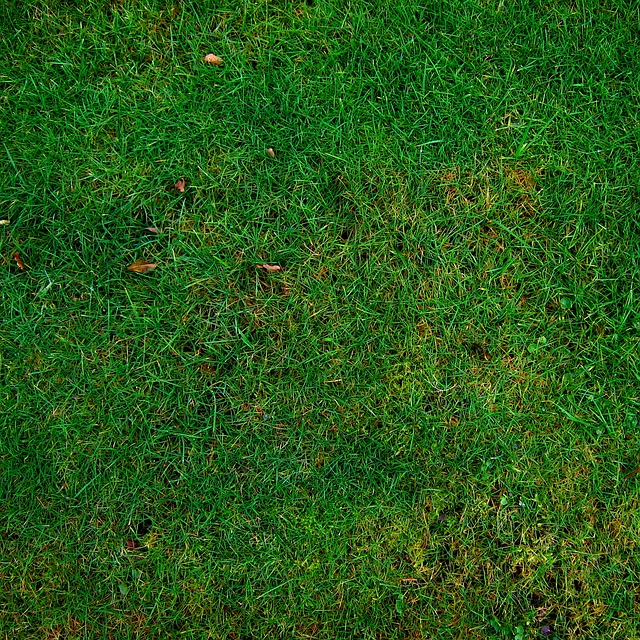Yard Waste Removal and Recycling (YWRR) are vital for sustainable environmental management, offering eco-friendly alternatives to traditional disposal methods. By integrating YWRR practices, organic materials like grass clippings and leaves can be transformed into nutrient-rich compost or mulch, reducing landfill waste and promoting soil health. Community programs facilitate responsible collection, further contributing to a circular economy. These strategies significantly minimize environmental impact and foster a more sustainable future for outdoor spaces.
In today’s digital era, sustainable yard maintenance is more important than ever. As we navigate our urban landscapes, understanding the impact of yard waste becomes crucial. This article explores effective strategies for Yard Waste Removal and Recycling, delving into innovative solutions that transform waste into resources. We’ll discuss how responsible practices can create a greener, healthier environment while minimizing the ecological footprint. By adopting these methods, “folks” can contribute to a vibrant, sustainable tapestry in their communities.
- Understanding Yard Waste: Its Impact and Sustainable Solutions
- Effective Strategies for Eco-Friendly Yard Waste Removal
- Recycling Yard Waste: Transforming Waste into Resources
Understanding Yard Waste: Its Impact and Sustainable Solutions

Yard waste, encompassing organic materials like grass clippings, leaves, and garden trimmings, poses a significant challenge for sustainable management. Traditional methods often involve disposal in landfills, contributing to greenhouse gas emissions and environmental degradation. However, adopting sustainable practices can transform this waste into valuable resources.
One effective solution is integrating yard waste removal and recycling into daily routines. Composting, for instance, allows organic matter to break down naturally, creating nutrient-rich soil amplifiers for gardening. Additionally, many communities offer yard waste collection programs, facilitating responsible disposal and diversion from landfills. These initiatives not only reduce environmental impact but also foster a circular economy, where resources are continuously reused and recycled.
Effective Strategies for Eco-Friendly Yard Waste Removal

Effective Strategies for Eco-Friendly Yard Waste Removal involve adopting practices that minimize environmental impact while maximizing resource conservation. One key strategy is yard waste recycling, which turns organic materials like leaves, grass clippings, and food scraps into nutrient-rich compost or mulch, reducing landfill deposits and promoting soil health. Homeowners can set up composting bins or utilize municipal composting programs to divert yard waste from landfills.
Additionally, reusing yard waste as mulch or soil amendment is another sustainable approach. For instance, using wood chips from pruned tree branches as mulch not only prevents weed growth but also helps retain soil moisture and temperature regulation. Similarly, grass clippings can be left on the lawn to decompose naturally, providing a free source of nitrogen for the turfgrass. These practices contribute to a more sustainable yard waste removal and help create a healthier, eco-conscious outdoor environment.
Recycling Yard Waste: Transforming Waste into Resources

In many communities, yard waste removal and recycling is becoming a priority as we look for more sustainable ways to manage our outdoor spaces. Instead of sending grass clippings, leaves, and garden trimmings to landfills, recycling these materials offers numerous environmental benefits. By transforming yard waste into resources, we can reduce the amount of organic matter ending up in landfills, where it decomposes and contributes to greenhouse gas emissions.
Through composting or chipping, yard waste can be repurposed as nutrient-rich soil amendments, reducing the need for synthetic fertilizers. Additionally, recycled materials can be used to create mulch, which helps retain moisture in the soil, suppress weeds, and improve overall landscape health. This not only saves resources but also encourages a more circular economy where organic matter is valued as a valuable asset rather than seen as waste.
By adopting sustainable practices in yard maintenance, we can significantly reduce our environmental impact. Understanding the value of yard waste removal and recycling is key to fostering a greener future. Implementing eco-friendly strategies not only minimizes landfill contributions but also contributes to a healthier ecosystem. Through proper management, we can transform yard waste into valuable resources, creating a more sustainable and vibrant outdoor environment for all.
